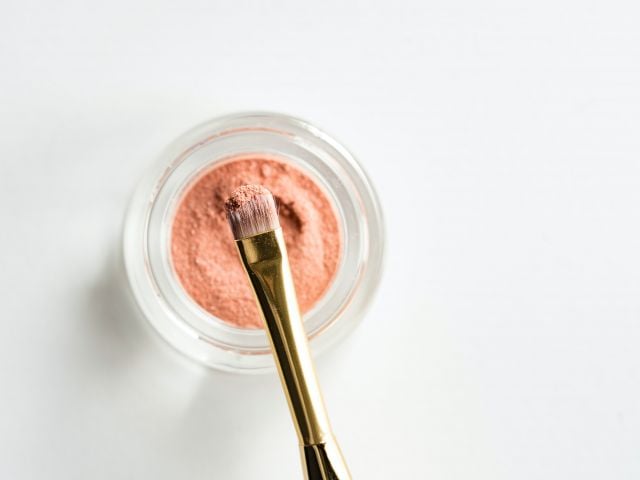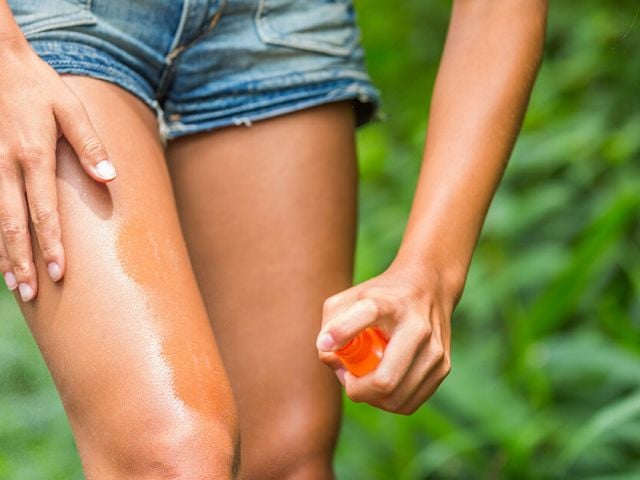Americans assume personal care products on the market today have been tested or approved by the federal government. However, they are largely unregulated. In fact, it has been more than 80 years since Congress last updated the federal law designed to ensure that personal care products are safe. The Food and Drug Administration does not even require the basic safety testing of ingredients in personal care products before they are used.
Although other countries have taken action to protect their citizens from chemicals linked to cancer and reproductive harm, FDA lacks the basic tools needed to ensure the safety of cosmetics and other personal care products.
Now a bipartisan group of lawmakers wants to change that.








